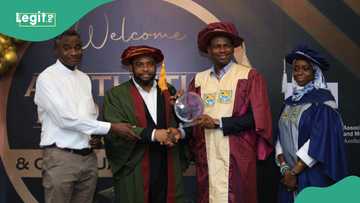Girls at the Receiving End as ESP-less Oyo Slumbers on Innovative Pedagogies
- Teachers are at the heart of successful learning, thus they must explore teaching methods to create inclusive environments where students can learn and thrive
- As Oyo aims to achieve quality teaching for children, the government needs to build a better pedagogy to ensure every learner — particularly girls — can learn in a supportive environment
- Like Lagos’ EkoExcel, the Oyo state government should consider educational interventions that focus on gender-responsive teaching techniques
CHECK OUT: Education is Your Right! Don’t Let Social Norms Hold You Back. Learn Online with LEGIT. Enroll Now!
Legit.ng journalist, Ridwan Adeola Yusuf, has over 5 years of experience covering gender issues and basic education in West Africa.
Ibadan, Oyo state - In a sunny schoolyard in Oke Odo Junior College, situated at the largest local government area in Lagos, Alimosho, students engage in movement games like skipping and tag. Nearby, at Aanuoluwapo Primary School, pupils work on their numeracy skills, but without notebooks and pens. Instead, these girls and boys are pouring water from transparent plastic bottles of various sizes. This sight is not unusual. In the same compound, Temidire Primary School has classrooms geared for multi-level teaching, their walls bearing learning materials. Small groups of pupils connect the dots between what they are learning as the visuals offer them a broader understanding.
The EKO Excellence in Child Education and Learning (EkoExcel) intervention is one of the catalysts for these 21st-century pedagogies. This initiative, launched in 2019 by Babajide Sanwo-Olu, the governor of Lagos, has been lauded as transformative. An evaluation of the basic education sector reform has shown that EkoExcel elevated the standard of learning in Lagos’ public schools.
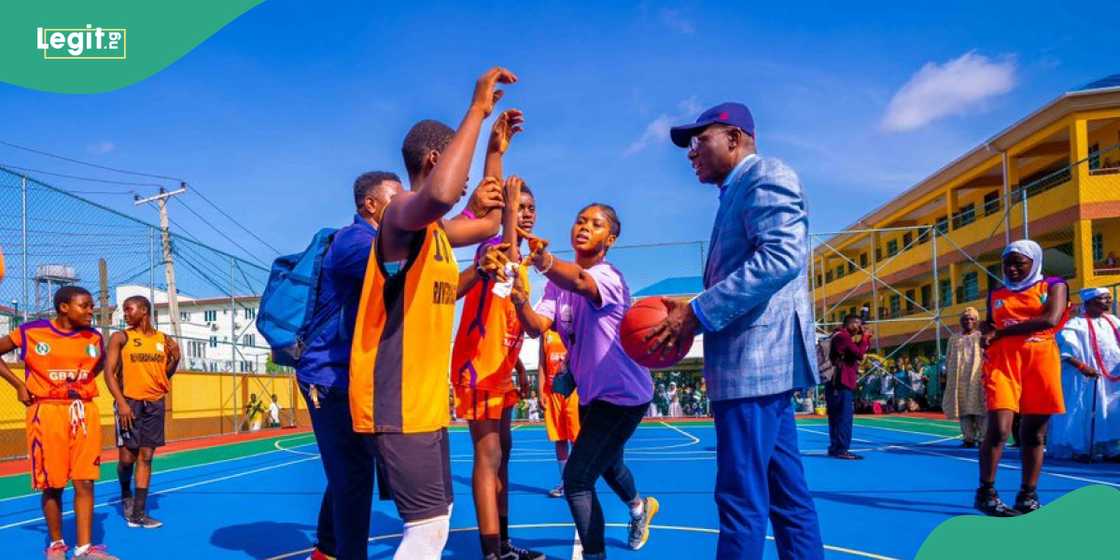
Source: Twitter
On top of that, the programme’s emphasis on gender-responsive teaching techniques has ensured that girls are active participants in the school premises. Teachers are trained to engage both adolescent boys and girls equally, making sure that no one is left behind. This has resulted in increased confidence and participation among female students, alleviating traditional gender barriers. The programme’s approach has played a pivotal role in empowering girls to take the lead in their education.
A teacher at Temidire Primary School, Ganiyat Adejobi, informed Legit.ng that the EkoExcel improved teaching methodology. Since the lessons are activity-based, she finds that students no longer need to cram mindlessly as they did earlier for passing examinations.
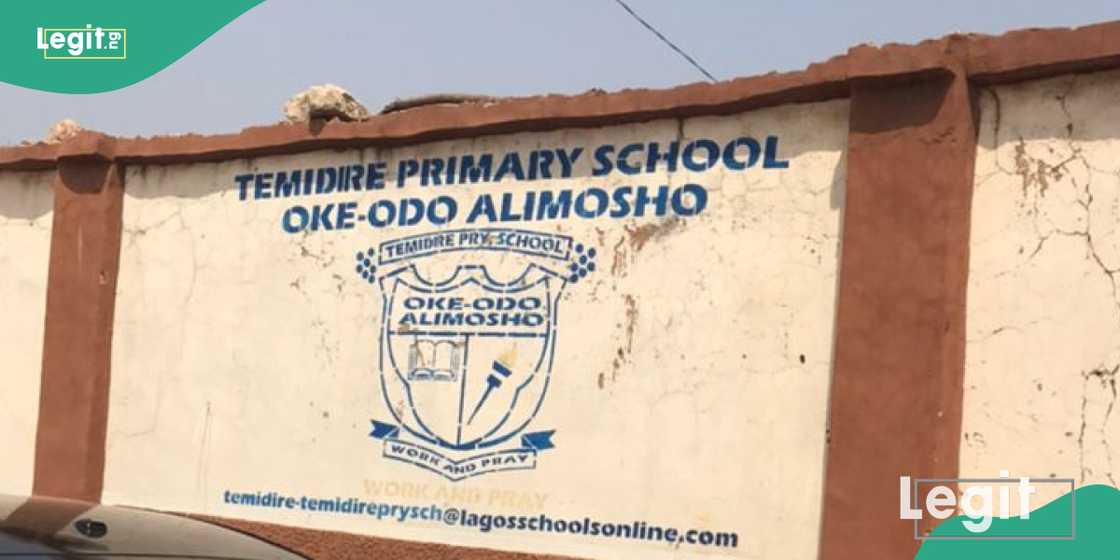
Source: Original
In addition to its educational initiatives, EkoExcel’s gender-focused monitoring system ensures that girls’ attendance and academic performance are closely tracked. This proactive approach ensures that girls do not drop out of the system unnoticed.
The missing link in girls' education in Oyo
99 miles away, in neighbouring Oyo, officials have been operating without an education sector plan (ESP).
The ESP is a key policy instrument which provides a long-term vision for education systems and outlines a coherent set of practicable strategies for a constituted authority to reach its objectives and overcome difficulties. A proper ESP reflects gender equality by being gender-responsive, but not one functional plan exists in Oyo to cover the current period (the last one expired in 2022). Having an ESP ensures that education systems are designed to be inclusive and equitable for all students, especially girls.
“Without an extensive ESP like the previous one (2020 to 2022), delivering a gender-responsive education sector plan (GRESP) will be near-impossible,” Sola Fagorusi, executive director of Onelife Initiative, asserted while speaking with Legit.ng.
The Oyo Roadmap for Sustainable Development 2023-2027 document, code-named Omituntun 2.0 —which is the closest to the state sector plan— impressively touched on pedagogy for students with special needs. However, Legit.ng’s critical scrutiny uncovered that effective pedagogies for girls’ learning are palpably missing.
The absence of a GRESP means there may be flawed teaching techniques and learning outcomes for both male and female students.
Adewale Ogundele, the advocacy/programme and partnership officer of the Forum for African Women Educationalists (FAWE) Nigeria, feels Oyo state can take inspiration from Lagos.
“While we've seen EkoExcel in Lagos and some of the best practices around gender-based violence (GBV) solutions identified with Lagos, this could also be a time for Oyo to look at homegrown solutions and legacy that will meet the educational demand of the state. Not just vague ideologies without a clear roadmap and targets, but sustainable models that can transcend time,” Ogundele reasoned in an interview with Legit.ng.
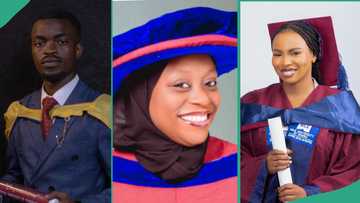
Read also
Year in review: 3 University Graduates Who Impressed Netizens in 2024 With Their Achievements
Ending gender stereotypes in school programming can help transform curricula, education policies, and pedagogy - Fagorusi wants this to happen.
“The current teaching method in Oyo state sees a classroom of students instead of a classroom of male and female students,” he bemoaned. “There is currently also an unknowing deepening of gender stereotypes, especially in traditional science subjects with relatable figures not used. Football, a boy; chief, a male; are some of the several unrelatable mentions used to deliver exam questions, thus offering gender barriers. Schoolgirls who missed classes because of their periods (menstruation) barely benefit from a re-cap during the next class.”
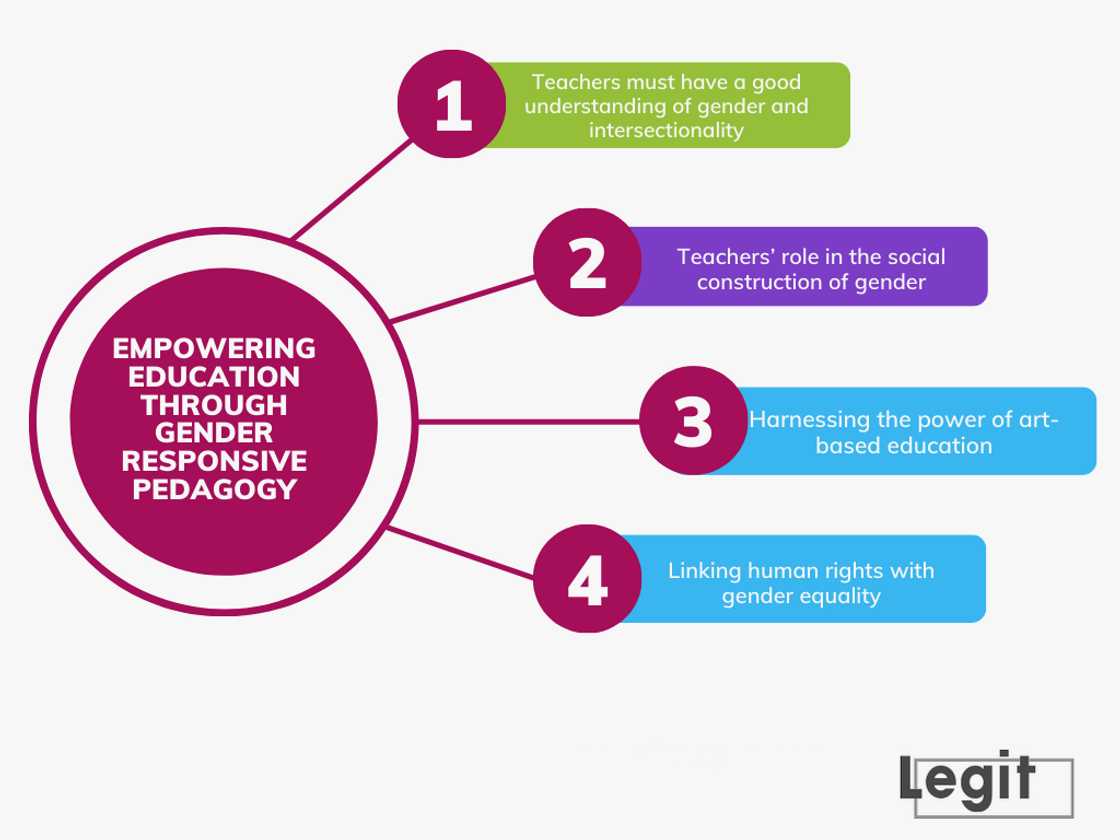
Source: Original
Gender-responsive pedagogy: Need for Oyo teachers’ mass-training
With respect to teaching techniques, Ogundele noted that to implement inclusiveness and gender-responsive learning environments, teachers must be well-skilled in approaches that block gender bias and gender-based discrimination in their classrooms.
“As part of strategic efforts, mass training of teachers on gender-responsive approaches for them to be able to perform better in the classroom should be conducted. This will help eliminate all forms of stereotypes that may negatively impact learning outcomes in and within the school environment,” the development sector professional remarked. “Master trainers capacity must be built across the educational sector from primary to tertiary education. The state ministry of education must have a sustainable model, with clear monitoring and evaluation processes to ensure effectiveness.”
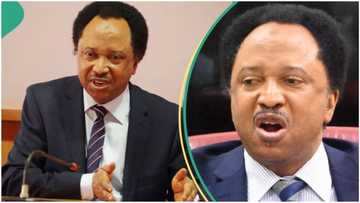
Read also
"From JAMB scores": Reactions as Shehu Sani predicts polytechnics, colleges of education' extinction
Ultimately, the expert believes investing in girls’ rights through new initiatives is the way to go, challenging authorities to “reinvent the wheel” and move to the next level by adopting best practices and existing gender-responsive pedagogy manuals.
"Oyo is one of the largest states in the southwest region, and the projection is that Nigeria’s population will double by 2050. With this population tendencies, a futuristic approach to education outcomes that is targeted towards 2050 can help the state. And with continuous efforts, the results will be birthed. But the best time to start is now," Ogundele said.
Barriers to girls’ learning in Oyo persist
Earlier, Legit.ng revealed the urgent need to develop a GRESP to address the numerous challenges girls are confronted with in basic and secondary education in Oyo.
Among others, some parents remain indifferent to their children’s schooling despite free education in the state.
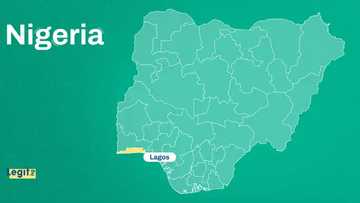
Read also
Empowering farming's future: BATN Foundation awards N10m to transformative agribusiness leaders
This report was published with collaborative support from ImpactHouse Centre for Development Communication and System Strategy and Policy Lab (SSPL).
PAY ATTENTION: Сheck out news that is picked exactly for YOU ➡️ find the “Recommended for you” block on the home page and enjoy!
Source: Legit.ng

